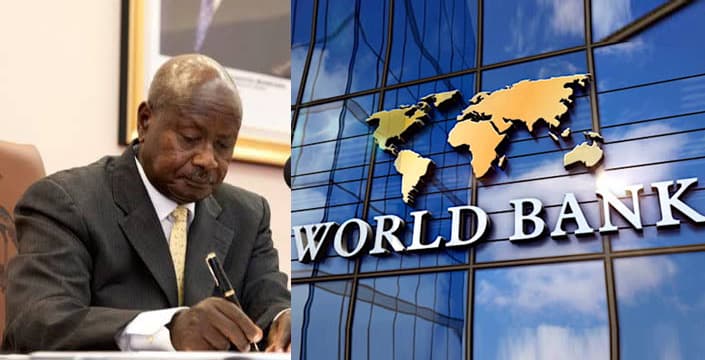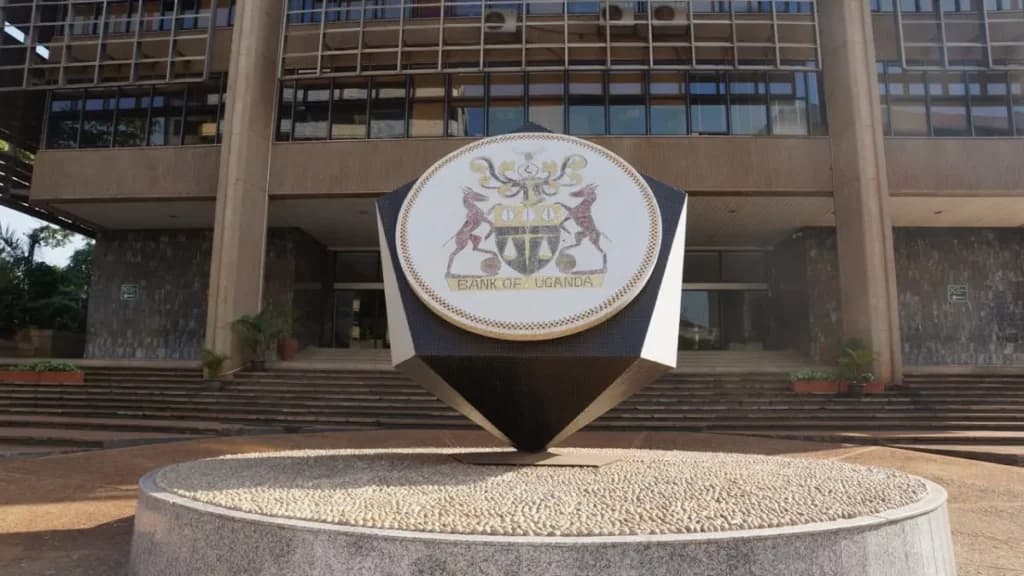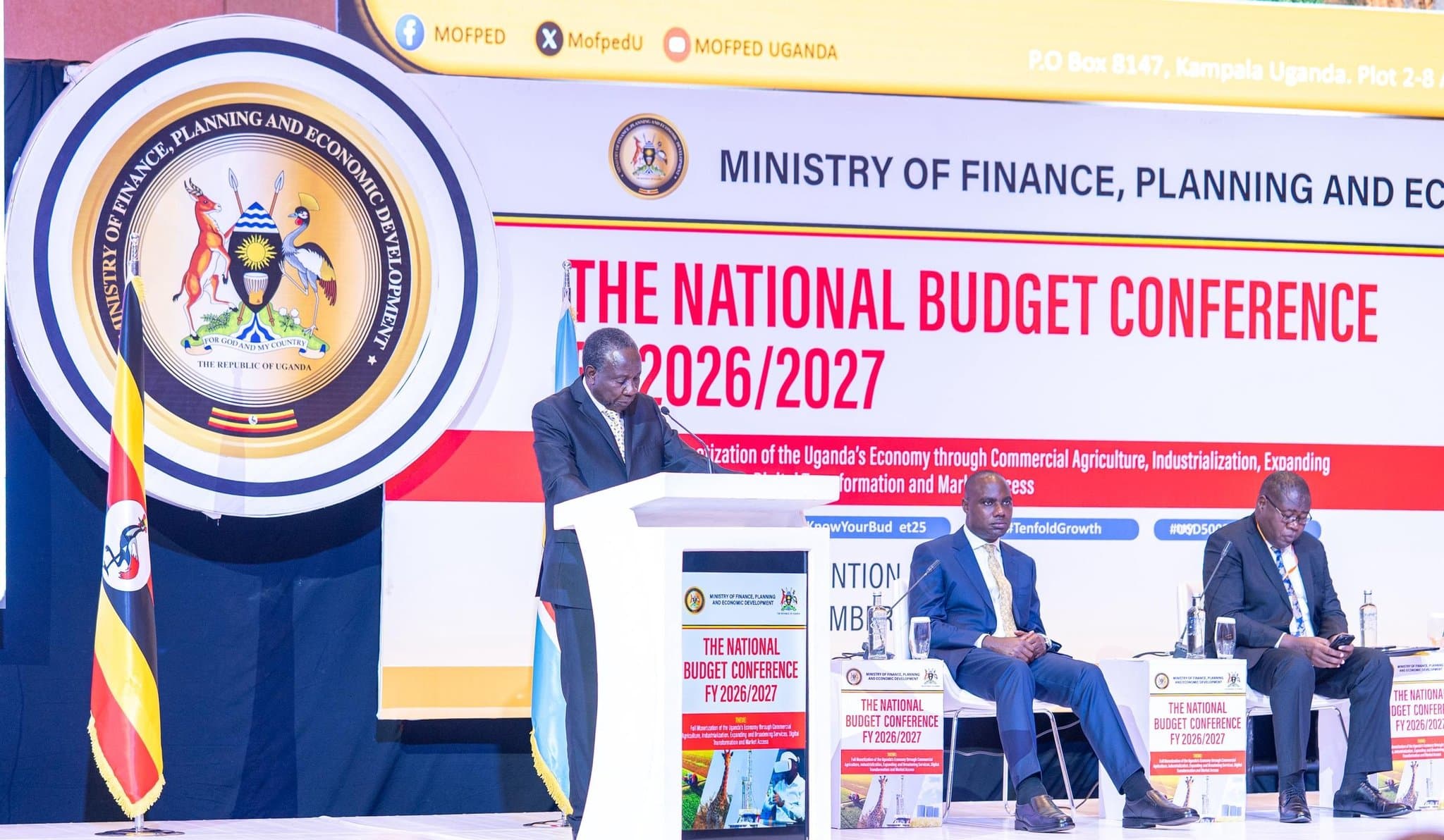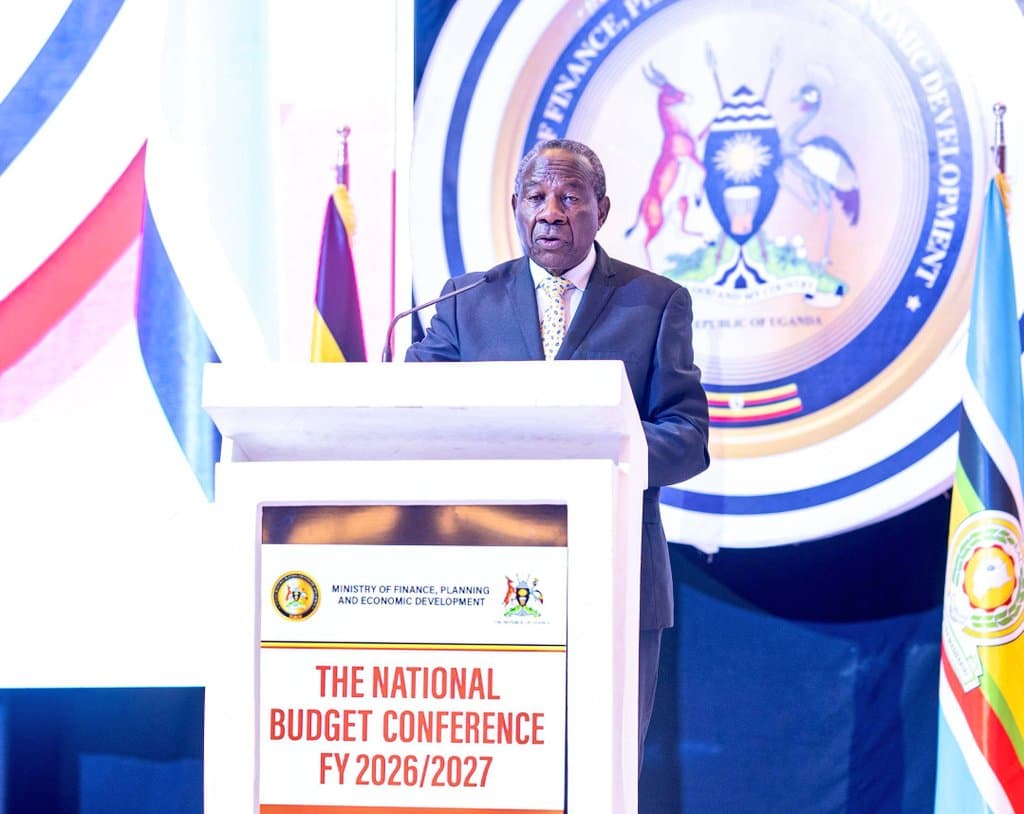World Bank Resumes $2 Billion Funding to Uganda After Two Year Freeze

The World Bank has officially resumed funding to Uganda, marking a major turning point in the country's relationship with international lenders after nearly two years of suspended financing. The freeze, which began in August 2023, followed the passage of Uganda’s Anti-Homosexuality Act, a law widely condemned by human rights organizations for its harsh penalties on same-sex relations. At the time, the World Bank stated that the legislation contradicted its core principles of inclusion and non-discrimination.
In June 2025, the World Bank announced it would restart funding after assessing that Uganda had put mitigation measures in place to ensure that its projects would not promote exclusion or discrimination. By October 2025, Uganda confirmed that it had secured over 2 billion US dollars in new concessional loans from the Bank, to be disbursed over the next three fiscal years.

According to Uganda’s Ministry of Finance, the new funding will target critical development sectors. These include infrastructure such as roads, bridges and electricity distribution; human capital development through schools and vocational training programs; agriculture and water systems to boost productivity and food security; and private sector growth through support from the International Finance Corporation (IFC) and co investments in state enterprises and renewable energy projects.
The resumption of funding is seen as a lifeline for Uganda, which has been grappling with limited fiscal space and rising borrowing costs. Access to low-interest, long-term loans from the World Bank will help finance key national projects while easing budgetary pressures. Economically, this move could restore investor confidence and signal a revival of large scale development partnerships.

However, the decision has sparked debate. Human rights advocates argue that resuming financial assistance without meaningful changes to Uganda’s anti-LGBTQ law undermines the World Bank’s own commitments to equality and human rights. Amnesty International and other groups have called for continued pressure on the Ugandan government to repeal the law, warning that the Bank’s approach may weaken its leverage on social justice issues in future dealings with member states.
Critics also highlight potential risks such as weak project implementation, governance challenges, and the possibility of corruption or misallocation of funds. Others caution that even concessional loans add to Uganda’s debt burden, emphasizing the need for transparency and effective project management to ensure that the funding benefits ordinary citizens.

Despite the controversy, the World Bank maintains that its renewed engagement with Uganda is grounded in a pragmatic approach: addressing urgent development needs while ensuring safeguards for inclusion are enforced. The coming months will reveal whether these promises translate into real progress on the ground.
